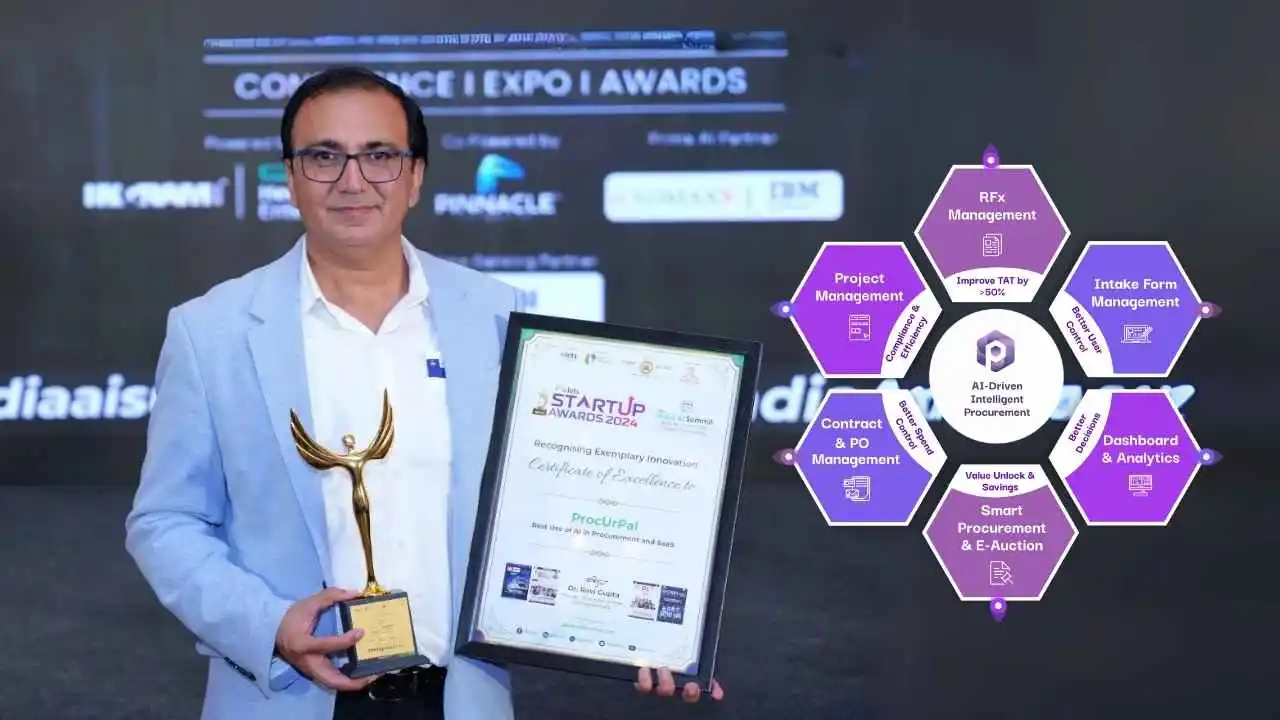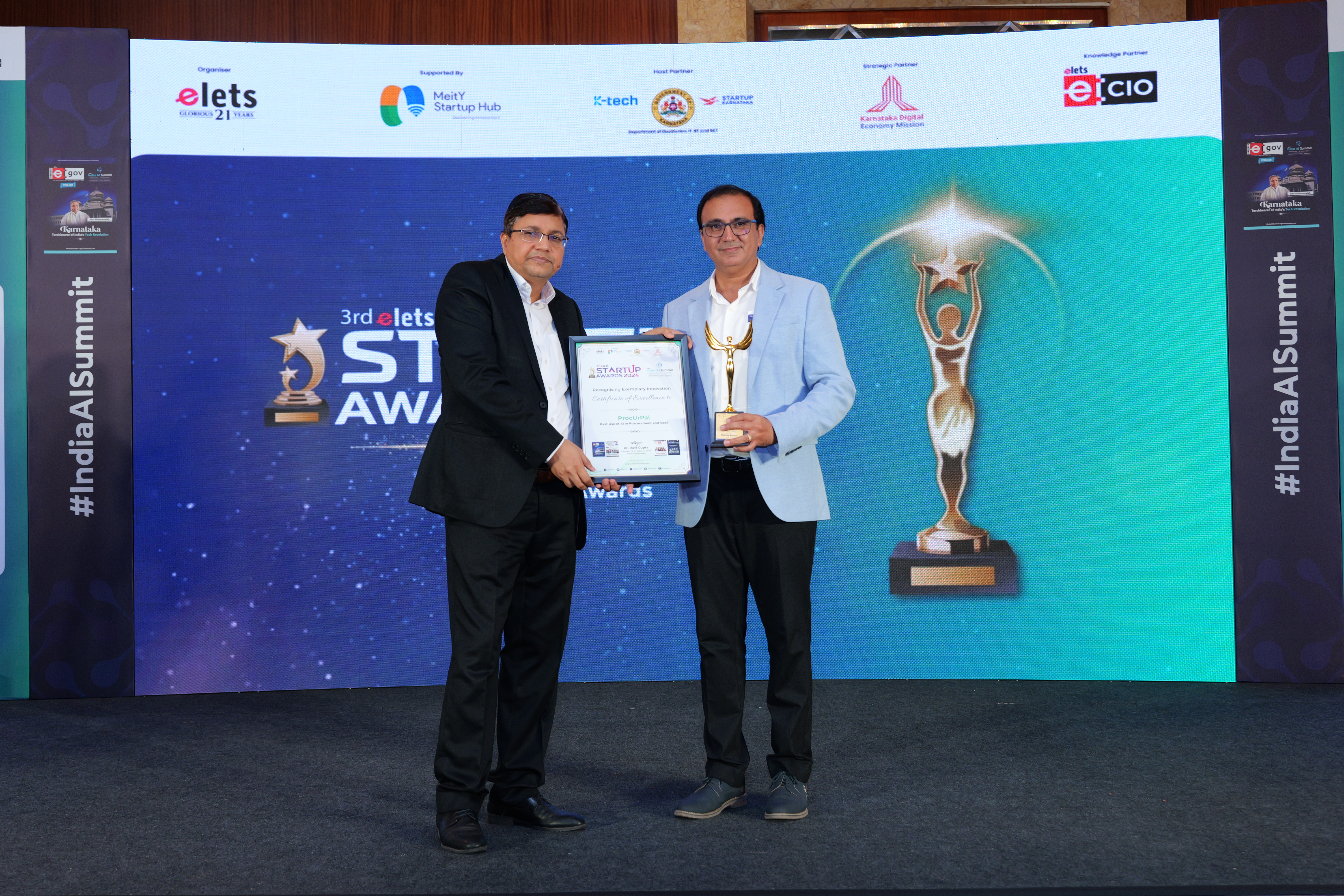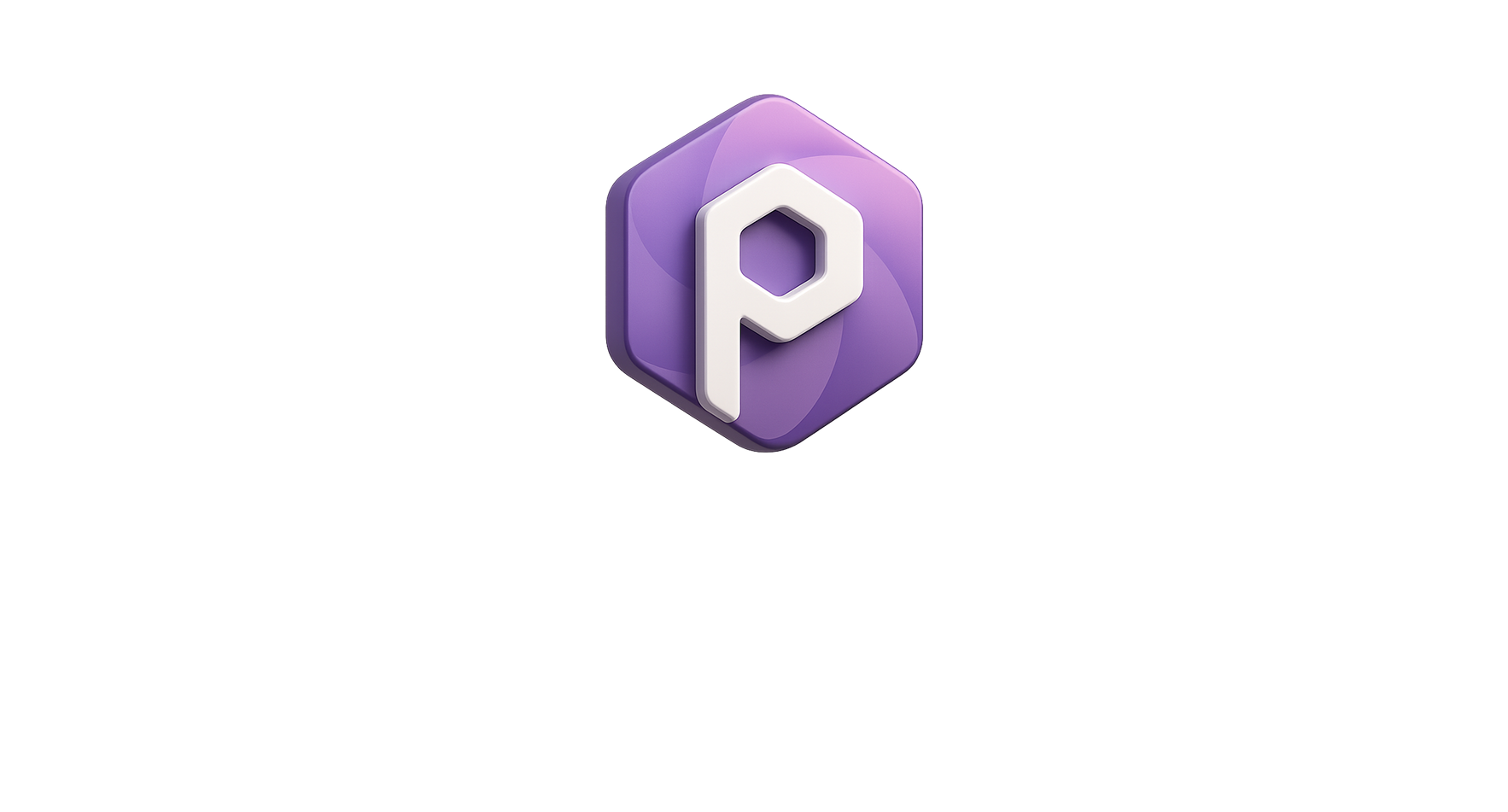The Rise of eAuctions in B2B Supply Chains
Introduction In recent years, eAuctions have become a game-changer in the world of business-to-business (B2B) procurement. Traditionally, procurement processes were lengthy, often involving multiple rounds of negotiation and unclear pricing. However, with the advent of eAuctions, businesses can now streamline this process, driving competition, improving transparency, and reducing costs. This article explores the rise of eAuctions in B2B supply chains and their significant impact on the way companies engage with suppliers. 1. What Are eAuctions? 🔎 eAuctions, or electronic auctions, are a procurement method where businesses invite suppliers to bid in real time on goods or services. Unlike traditional negotiations, where prices are often set through back-and-forth discussions, eAuctions create a competitive environment where suppliers can dynamically adjust their bids in response to competitors. These auctions are typically conducted on online platforms, providing businesses with access to a wide range of suppliers across different regions. The key to eAuctions is that they are time-bound, creating urgency among suppliers to offer their best prices within the limited window. 2. The Key Benefits of eAuctions in B2B Procurement 💼 Cost Savings – One of the biggest advantages of eAuctions is the significant reduction in procurement costs. By encouraging real-time competition, suppliers are incentivized to offer their lowest possible prices to win the contract. On average, companies that implement eAuctions see savings of up to 30%. Transparency – eAuctions bring much-needed transparency to the procurement process. Both buyers and suppliers can see the bids in real time, ensuring a fair and open selection process. This transparency reduces the risk of hidden costs or biased decision-making. Speed – Traditional procurement processes can drag on for weeks, but eAuctions speed up the entire process. With set timelines and quick decision-making, businesses can finalize contracts in a matter of hours, rather than days or weeks. Better Supplier Relationships – By creating a more structured and transparent process, eAuctions help build stronger, more collaborative relationships between buyers and suppliers. The clear rules of engagement reduce misunderstandings and foster long-term partnerships based on mutual trust. 3. How eAuctions Are Redefining Supplier Selection 🎯 One of the most significant impacts of eAuctions is on the supplier selection process. In the past, supplier negotiations were heavily reliant on personal relationships and subjective decision-making. With eAuctions, the process becomes much more objective, focusing purely on price, delivery times, and other key performance indicators (KPIs). The automated nature of eAuctions allows businesses to track and compare bids based on a variety of factors, including price, quality, and delivery time. This data-driven approach ensures that the most competitive and capable suppliers are selected, without the bias or delays that can often affect traditional procurement methods. 4. The Role of Technology in Facilitating eAuctions 🔧 The rise of eAuctions would not have been possible without the development of advanced procurement technologies. Many eAuction platforms now include AI-driven analytics that help buyers identify trends, predict pricing patterns, and make smarter procurement decisions. For instance, platforms like ProcurPal provide businesses with automated tools that streamline eAuction processes and ensure maximum cost savings. By using AI, these platforms can also monitor supplier performance and identify potential areas for improvement. Over time, these technologies create a more efficient, data-driven procurement strategy that benefits both buyers and suppliers. 5. Overcoming Challenges in Implementing eAuctions 💡 While eAuctions offer numerous benefits, some challenges remain for businesses looking to adopt this procurement method. One major challenge is supplier resistance. Some suppliers may be hesitant to participate in eAuctions, fearing that the process will drive prices down to unsustainable levels. To overcome this, businesses must work closely with suppliers to explain the benefits of eAuctions, including greater access to contracts, streamlined processes, and improved transparency. Additionally, companies should ensure that eAuctions are used in conjunction with other procurement methods, such as long-term relationships and negotiations, to maintain balance in supplier partnerships. Another challenge is the technological infrastructure needed to support eAuctions. While many platforms are now available, small to medium-sized enterprises (SMEs) may struggle with the costs of implementation. However, as eAuction platforms become more accessible and affordable, this barrier is likely to decrease. 6. The Future of eAuctions in B2B Procurement 🌍 Looking ahead, the role of eAuctions in B2B supply chains is expected to continue to grow. As more businesses embrace digital transformation, the integration of AI, machine learning, and blockchain technology will further enhance the efficiency and security of eAuctions. The use of AI will help businesses predict market trends, optimize pricing strategies, and identify the best suppliers for future procurement needs. Blockchain, on the other hand, will provide an additional layer of security and transparency, ensuring that every step of the eAuction process is fully traceable. In the coming years, eAuctions will likely become a standard practice in B2B procurement, as companies strive for greater efficiency, cost-effectiveness, and supplier collaboration. Final Thoughts eAuctions are revolutionizing B2B procurement by introducing a more competitive, transparent, and efficient way to engage with suppliers. With the benefits of cost savings, faster decision-making, and stronger supplier relationships, businesses are increasingly turning to eAuctions as a vital component of their procurement strategies. As technology continues to evolve, the future of eAuctions looks bright, offering even greater opportunities for companies to optimize their supply chains and improve their bottom lines.










